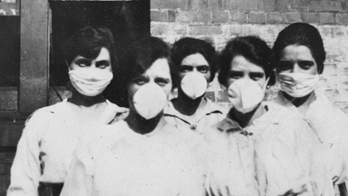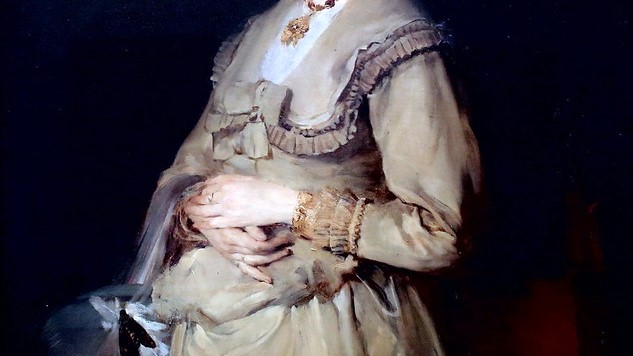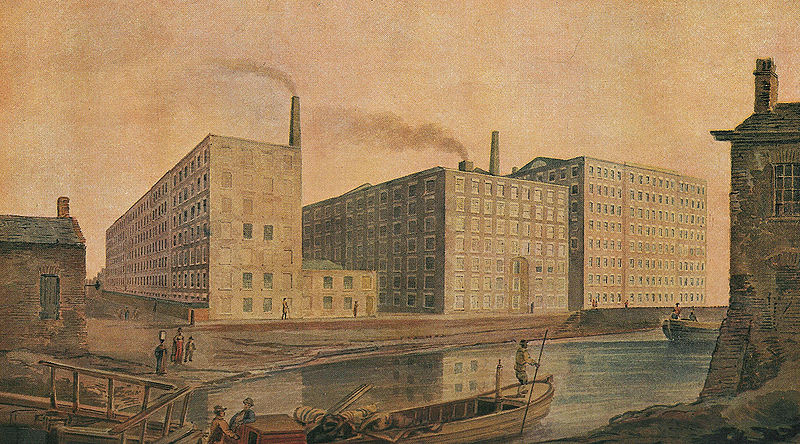Plague terrified European societies for four centuries following the Black Death in 1348. Of the many strategies adopted in response to plague, quarantines were the most controversial. Yet whilst the costs and controversy of household quarantine policies are clear, we know relatively little about the extent to which they were actually implemented.
How successful were early modern states in separating suspected carriers from the healthy population? Were all areas or social groups targeted equally and were quarantines enforced in ways that reveal motivations other than the protection of public health? Measuring within-household mortality allows us to understand patterns of quarantine enforcement in settlements across early modern Europe. Here the focus is restricted to three epidemics that occurred in Bristol – one of England’s most populous and prosperous cities.
In his paper published in the Economic History Review, department PhD student Charles Udale reveals household quarantine in Bristol was enforced in 1603–4 with unprecedented vigour. The effects of quarantine are particularly pronounced in the affluent parishes where elite residence was highest. Greater evidence for enforcement is explained by greater elite oversight and control, as well as their desire to protect their own households.
The scale of the impact is shocking. Household quarantine could double within-household mortality.

Even so, there must have been widespread support for household quarantine in the areas where it was enforced.
Read the full article in the Economic History Review here:
- Udale, Charles(2022) Evaluating early modern lockdowns: household quarantine in Bristol, 1565–1604. Economic History Review. ISSN 0013-0117.




